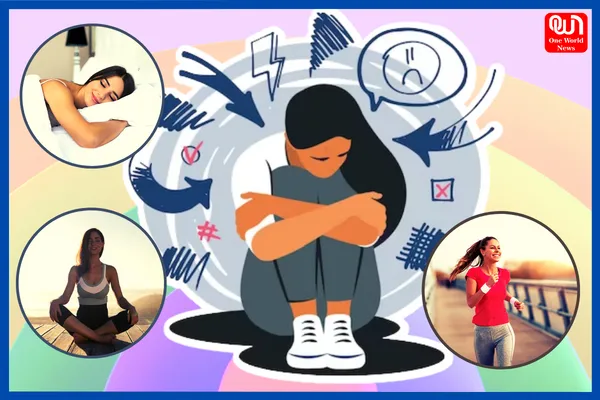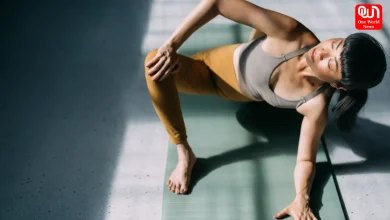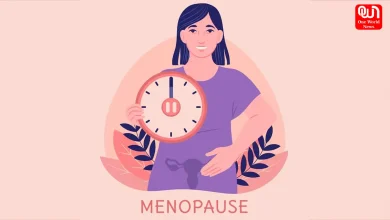10 Natural Ways to Reduce Anxiety and Improve Your Mental Health

Discover effective ways to reduce anxiety and promote relaxation with these 10 natural remedies
Anxiety is a normal human response to stress or danger. It is often described as a feeling of fear or unease about something that may happen in the future. It’s a natural response to stress and is often accompanied by physical symptoms like increased heart rate, sweating, and nervousness. However, when anxiety becomes persistent, it can be debilitating and affect a person’s ability to function in everyday life. In this article, we will discuss what anxiety is, why it happens, and ten natural ways to reduce anxiety.
What is anxiety?
Anxiety is a feeling of unease or fear about an imminent event or something with an uncertain outcome. It is a natural response to stress and can be helpful in some situations, as it can help you stay alert and focused. However, when anxiety becomes persistent and excessive, it can be a sign of an anxiety disorder. Anxiety disorders are the most frequent mental health illnesses, impacting about 40 million adults in the United States alone.
Why does anxiety happen?
Anxiety happens when our brain perceives a threat or danger, and our body responds by releasing adrenaline and cortisol hormones. These hormones increase our heart rate, blood pressure, and breathing rate, preparing our body for the fight-or-flight response. In some situations, this response can be helpful, as it helps us react quickly to a perceived threat. However, when anxiety becomes chronic, it can be debilitating and affect our daily lives.
10 Ways to Naturally Reduce Anxiety
Exercise
Exercise is one of the most effective strategies to relieve anxiety. Exercise helps to release endorphins, which are natural mood-boosting chemicals in our bodies. Exercise also helps to reduce muscle tension, which can be a physical symptom of anxiety.
Practice mindfulness meditation
Mindfulness meditation is a type of meditation that involves focusing your attention on the present moment, without judgment. Mindfulness meditation has been shown to reduce anxiety by helping to regulate the body’s stress response.
Eat a healthy diet
Eating a healthy diet that is rich in fruits, vegetables, and whole grains can help reduce anxiety. Certain foods, like chocolate, caffeine, and alcohol, can increase anxiety symptoms and should be avoided.
Get enough sleep
Sleeping adequately is essential for both physical and mental well-being. Lack of sleep can increase anxiety symptoms and make it difficult to cope with stress.
Read more: Know the connection between Finger painting and mental health
Spend time in nature
Nature time has been demonstrated to alleviate anxiety and boost mood. Nature has a calming effect on the body and can help to reduce stress.
Practice deep breathing
Deep breathing is a relaxation technique that can help reduce anxiety. Deep breathing helps to regulate the body’s stress response and can be done anywhere, anytime.
Practice yoga
Yoga is a mind-body practice that incorporates physical postures, breathing exercises, and meditation. Yoga has been shown to reduce anxiety by reducing muscle tension and promoting relaxation.
Connect with friends and family
Social support is important for mental health. Spending time with friends and family can help reduce anxiety and improve mood.
Limit caffeine intake
Caffeine is a stimulant that can increase anxiety symptoms. Limiting caffeine intake, especially in the afternoon and evening, can help reduce anxiety.
Seek professional help
If anxiety is persistent and affecting your daily life, seeking professional help may be necessary. A mental health professional can provide counseling and other treatments to help manage anxiety.
In conclusion, anxiety is a natural response to stress that can be helpful in some situations. However, when anxiety becomes chronic, it can be debilitating and affect a person’s ability to function in everyday life. Fortunately, there are many natural ways to reduce anxiety, including exercise, mindfulness meditation, a healthy diet, getting enough sleep, spending time in nature, deep breathing, practicing yoga, connecting with friends and family.







